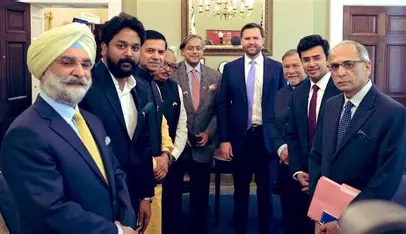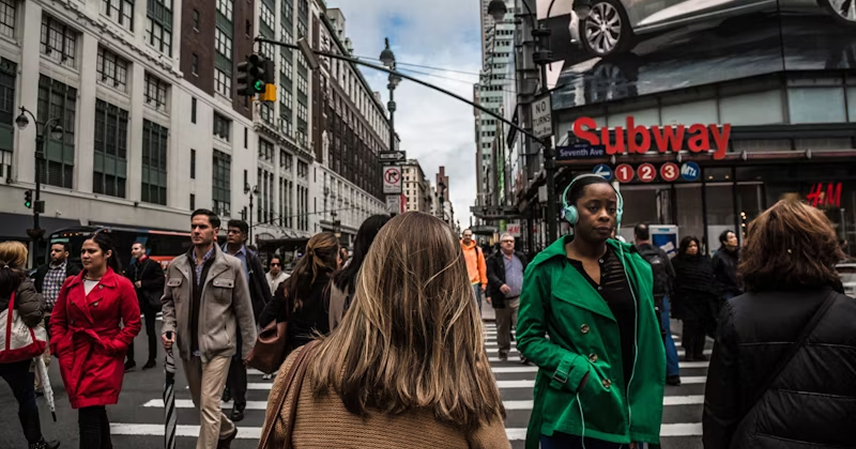Indian Member of Parliament Shashi Tharoor recently led a high-level delegation to Washington, D.C., for a pivotal meeting with United States Vice President J.D. Vance. The discussions focused on expanding bilateral cooperation in defense, technology, trade, and clean energy, underlining the growing partnership between the two nations.
This diplomatic engagement comes at a time when both India and the United States are seeking to play more assertive roles in shaping the global order, particularly in the Indo-Pacific region. The Indian delegation, composed of senior officials and policy advisors, engaged in talks aimed at enhancing collaboration in strategic sectors.
During the meeting, Tharoor emphasized the importance of building a results-oriented relationship grounded in mutual respect and shared democratic values. He highlighted that both countries have much to gain from a partnership based on trust, innovation, and mutual economic growth.
Vice President J.D. Vance, representing the new administration’s foreign policy vision, acknowledged India’s role as a key democratic ally. He expressed optimism about working closely with India on security, regional stability, and technological innovation. “India’s leadership is essential in maintaining a free and open Indo-Pacific,” Vance noted.
A key focus of the talks was strengthening defense ties through joint projects, technology transfers, and co-development initiatives. The two sides also discussed India’s longstanding pursuit of a permanent seat on the United Nations Security Council, receiving verbal support from the U.S. side.
Energy cooperation also featured prominently in the dialogue. Both countries committed to accelerating joint efforts in green technologies, including renewable energy, electric mobility, and clean hydrogen development. This aligns with their respective climate action goals and commitments under global climate frameworks.
In addition to formal talks, the Indian delegation interacted with members of the U.S. Congress and influential policy think tanks. They addressed challenges related to immigration, including the status of H-1B visa holders, and explored opportunities for improving digital trade and data governance.
Cybersecurity and emerging technology regulations were also discussed, as both nations recognized the importance of a secure digital ecosystem in an increasingly interconnected world.



